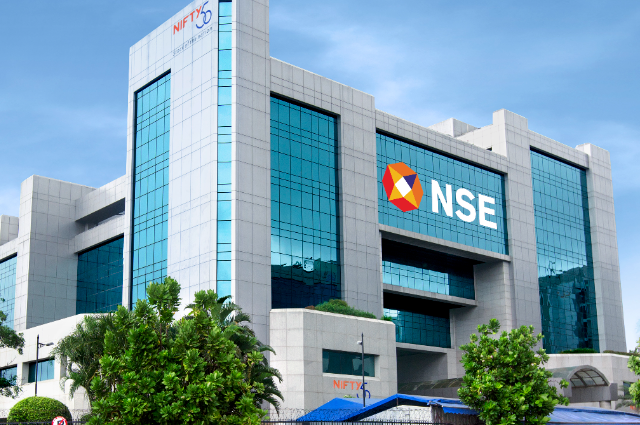In a notable milestone for the Indian financial landscape, the country's stock market has surpassed Hong Kong to secure the fourth position among the world's highest equity markets.
The achievement marks a historic moment for India's stock market. Approximately half of this remarkable growth occurred in the last four years, underscoring the market's strong performance. According to data collected by Bloomberg, the combined market capitalization of shares listed on Indian exchanges reached an impressive USD 4.33 trillion, surpassing Hong Kong's USD 4.29 trillion.
The current global stock market ranking places the United States, China, and Japan as the top three players. The United States leads with a market capitalization of $50.86 trillion, followed by China at $8.44 trillion, and Japan at $6.36 trillion. The rise of India to the fourth position is a sign of the bullish sentiment among investors and increased domestic participation in the market. Financial analysts are optimistic about the potential for increased investor confidence in the Indian stock market, citing expected rate cuts by global central banks in 2024 as a potential trigger for further growth.
In the active market conditions of 2023, both the Sensex and Nifty posted significant gains of 18.8 percent and 20 percent, respectively. The BSE MidCap and SmallCap indices outperformed, surging by 45.5 percent and 47.5 percent, respectively. Notable gainers included Tata Motors with a remarkable 101 percent increase, Bajaj Auto advancing by 88 percent, NTPC rising by 87 percent, L&T gaining 69 percent, and Coal India surging by 67 percent.
India's stellar stock market performance stands in stark contrast to Hong Kong, which faced its fourth consecutive year of losses in 2023. The continuous economic downturn in China raised concerns among investors, leading to a substantial outflow of funds from Hong Kong. Additionally, mounting political pressure on U.S. investors to reduce exposure to Chinese companies further impacted Hong Kong's market dynamics.
The Nifty 50 index in India demonstrated stability, posting a 20 percent jump in 2023, marking its eighth consecutive year of gains. Conversely, Hong Kong's benchmark Hang Seng Index, inclusive of shares from influential Chinese companies, concluded the year with a 14 percent decline.
The shift in the global stock market order reflects India's outstanding performance in 2023, driven by higher retail investor participation, robust economic growth, and increased liquidity in the market.
As India continues to position itself as a key player in the global financial space, the potential for sustained growth remains promising, with investors closely monitoring developments in the coming months. Investors are also eagerly awaiting the budget announcement scheduled for February 1. The Finance Minister, Nirmala Sitharaman, is going to announce the budget on February 1, but it's expected to be a 'temporary' one because of the upcoming elections. She mentioned that the budget for 2024-25 won't have major changes and will focus on current government spending until a new government takes over after the elections. Even though she clarified this, people are still getting keen about what might happen in the budget, and it could affect the market. Investors are closely watching the budget announcement as they have the potential to adjust regulations, taxes, and government spending. Positive changes can now boost investor confidence, leading to an increase in stock price or some unfavorable changes can also cause fluctuations in the Indian stock market.
. . .
References:

